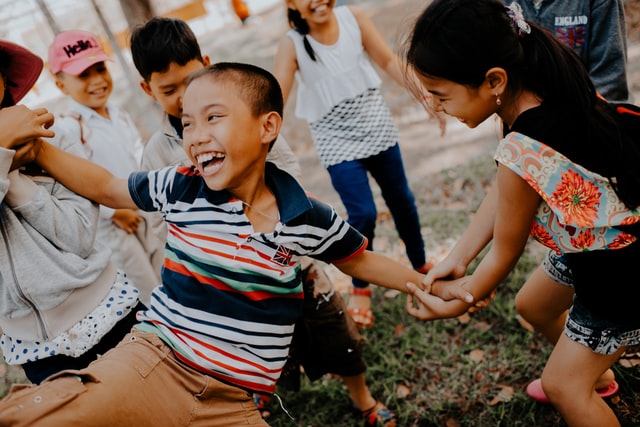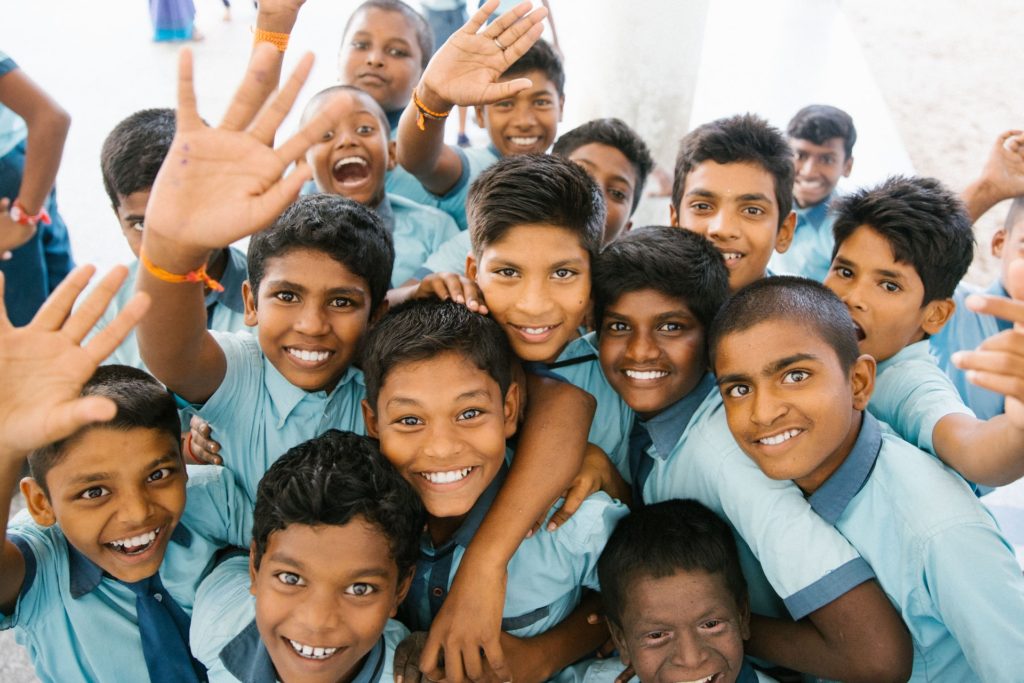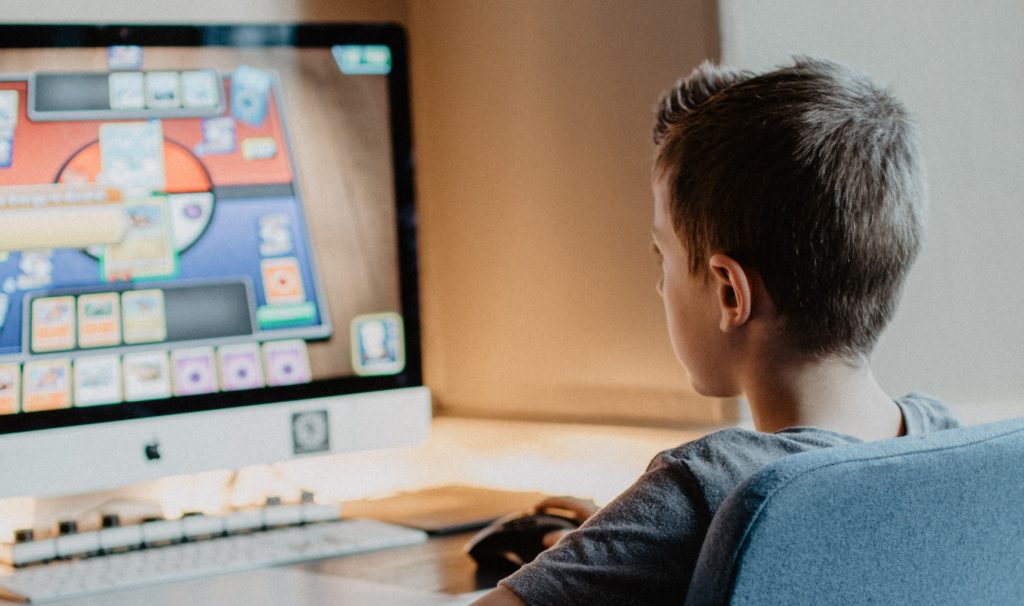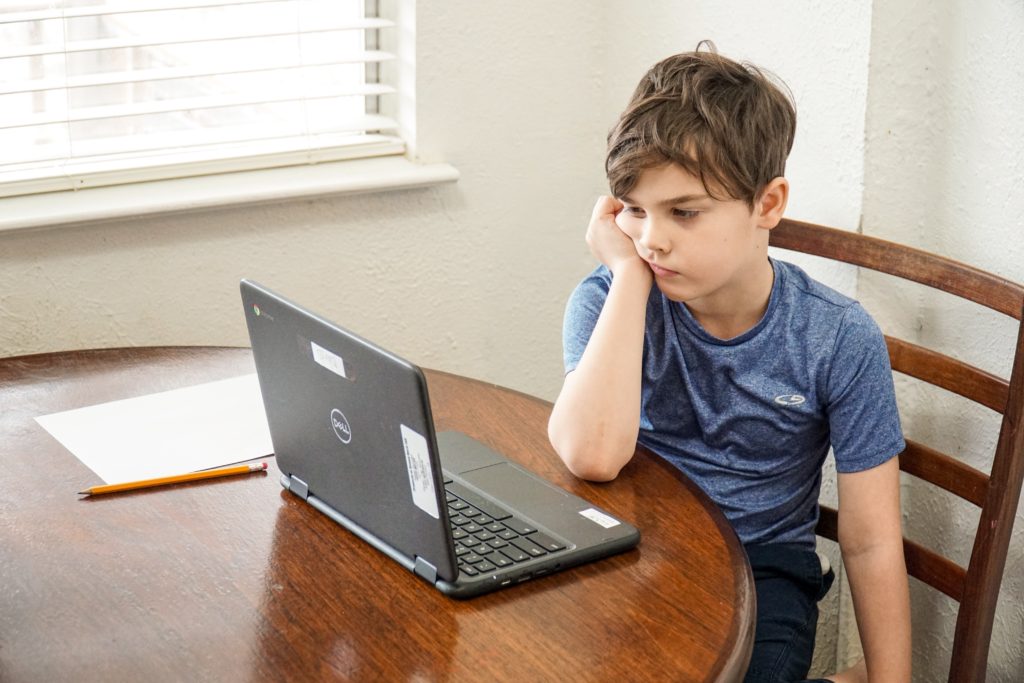Table of Contents
While teachers are always there for their students trying to be a supportive presence, recent research has shown this might not be enough to ensure student success. While a strong student-teacher relationship is certainly an important basis for any student to learn, recent research highlights the importance of friendship for learning with their peers in order to do their best in class.
While students can’t expect to be friends with everyone, feeling supported by their peers in class is an important factor for teachers to consider when creating their classroom culture. Teachers can mindfully try to include activities and other opportunities for students to work together, build relationships, and become more comfortable with one another. It may seem like a distraction from focusing on course content, but in the end it will lead to students who feel more confident to dive into difficult material without worrying about being judged.
New Research on the Importance of Friendship in School

A study published in the Journal of Educational Psychology found that “peer social acceptance is related significantly and positively to academic achievement.” (Wentzel et al.) The evidence for this claim came from a study conducted by Katherine Wentzel at the University of Maryland where she studied the dynamics and data from 72 different classrooms and looked at how a students relationships with their peers affected their ability to achieve good results on standardized tests and class activities.
Her research found a significant link between a student’s peer acceptance scores and their scores on academic achievement. Interestingly, this effect was not the same across the board and varied notably among certain groups.
According to the author, “relations were significantly stronger for younger students, students from Asian countries, and for classroom-based assessments of achievement.” (Wentzel et al.) Younger students may have built up less of an individual identity and often rely more on family and peer support so this finding isn’t necessarily surprising when taken with what else is already known about younger students.
Students from Asian backgrounds having a stronger correlation between the acceptance of their peers and their academic achievement also makes sense. Many Asian cultures encourage collectivist behaviors rather than individualist ones. While in many Western cultures, students are encouraged to be independent and not worry about what other students are doing or thinking, this isn’t necessarily how things run everywhere around the world.
It makes sense that children that are brought up to care more about their peers’ opinions would see a greater impact when they fail at this cultural expectation. It is unclear from this study whether the focus on doing well for the sake of others is a benefit or a hindrance just based on this study, however.
The last area where this connection was found was in classroom based assessment where students are working in front of others. This also makes sense as generally grades are kept private and while fellow students are often aware of how well a student does in a subject generally, the specific grade numbers or the answers they have provided aren’t shown to others.
In class projects and presentations where everyone is watching, it makes sense that the opinions of those watching would have a stronger impact on the student. This highlights the importance of friendship for learning or at least a level of comfort with peers who they don’t feel will judge them.
How Teachers Can Help Students Make Friends at School
A student’s peers’ opinions of a student has a measurable effect on their ability to be successful. This is something that teachers can keep in mind as they plan groupings and watch the interactions of their students. While no teacher can force all of their students to love each other, they can ensure that the classroom has a positive environment where students can all progress at their own pace without judgement from others.
1: Foster friendships through group activities.
While a teacher can’t force friendships, they can foster them by mindfully picking class groupings putting together students who either are already friends or who might perhaps fit well together. Putting students together with people who support them rather than someone who looks down on them will help students to remain positive even when they are struggling. Additionally, working to try to have a good rotation of partners for each student will allow a student to hear a variety of voices while still feeling comfortable no matter which partner they have on a given day.

2: Ban grade sharing in the classroom.
While students often are excited to share what grade they got with their friends, especially when they’ve done exceptionally well, this creates a space where students who aren’t willing to share are tacitly admitting that they didn’t do well. If everyone is showing off their papers excitedly and one student seems reticent, they either face the negative peer feedback for being the only one not sharing their work or they show their poor performance to everyone.
By banning sharing grades in the classroom, this allows students who would rather not have to publicly share their grades space to not do so. This prevents students feeling isolated from their peers and removes grades as a social factor.
3: Leave time for one on one chats to help students privately.
Many times, a student really could use support, but they aren’t willing to show they don’t understand something while everyone around them seems to fully understand what’s going on. If a teacher points out that a student is getting many answers wrong or seems to misunderstand something fundamental in front of everyone, they may be more worried about what everyone is thinking rather than the fact that they don’t understand the subject being taught. By knowing which students are most affected by this effect, teachers can take time to pull certain students to the side before giving help or making corrections.
While teachers can’t always put students with their best friends, nor should they, they can still be considerate of when students struggle the most and try to put them with someone they are comfortable with when doing these tough activities. While every student needs to be able to work with anyone, difficult student-student interactions are bound to arise and show the importance of friendship for learning as students are completely derailed by the social dynamic and are unable to learn. Teachers can pull students to the side during or even after class to discuss these negative interactions. Not only can the teacher hopefully help the student to feel better, they may be able to lessen the effect this finding in this research has on their student.
Because this effect was so notably affected by a student’s upbringing, encouraging students who seem to be brought down easily by others to keep up their spirits and focus on their own achievements may be able to decrease this impact over time. This will make more resilient students who can work with others, but no longer let the opinions of others dictate their level of success. While there is definitely an importance of friendship for learning, what is more important than that is that students can feel comfortable with one another.
Want more like this? Make Lab to Class a part of your weekly professional development schedule by subscribing to updates below.
References
Wentzel, Kathryn R. et al. “Peer Social Acceptance And Academic Achievement: A Meta-Analytic Study.”. Journal Of Educational Psychology, vol 113, no. 1, 2021, pp. 157-180. American Psychological Association (APA), doi:10.1037/edu0000468.



